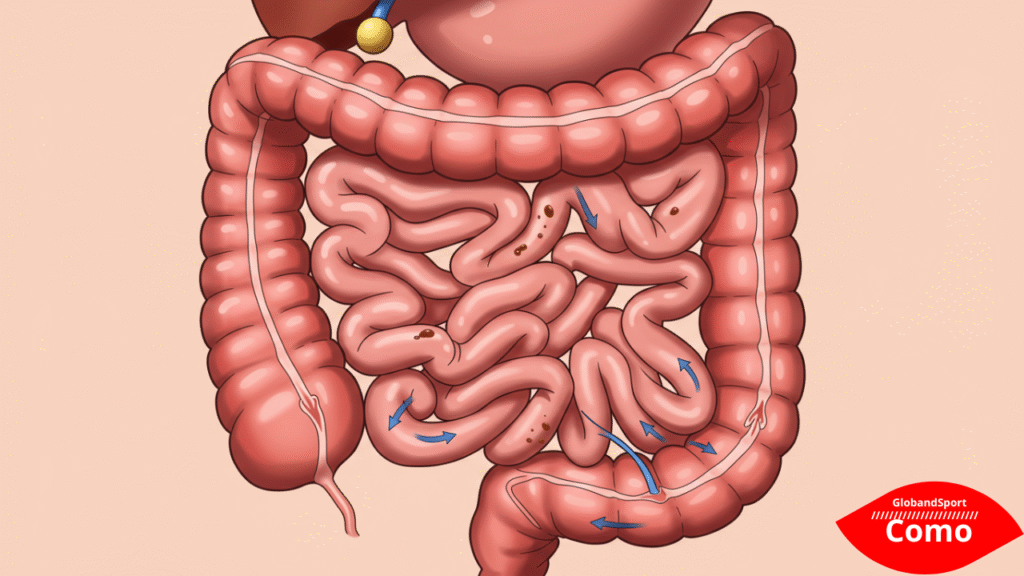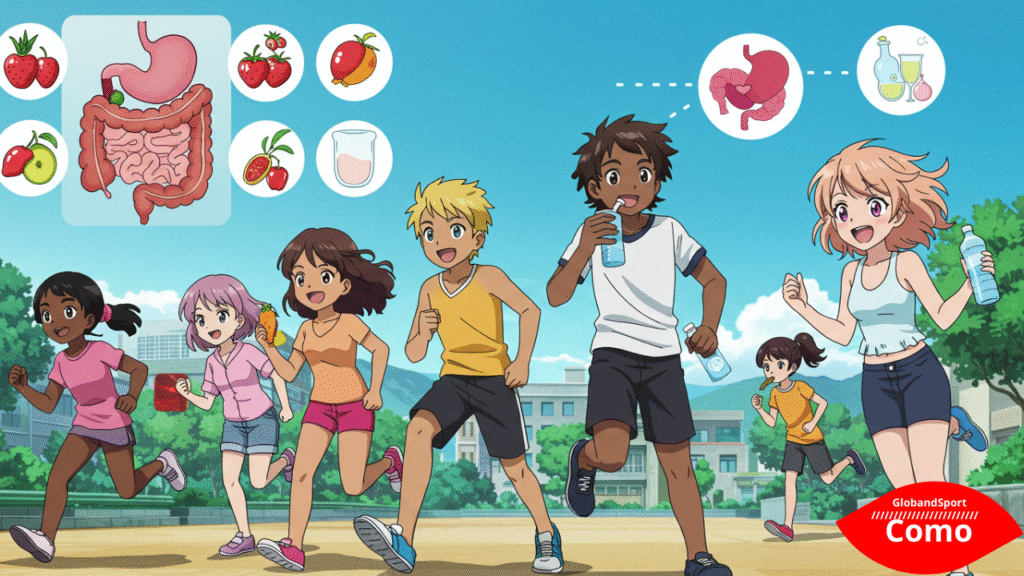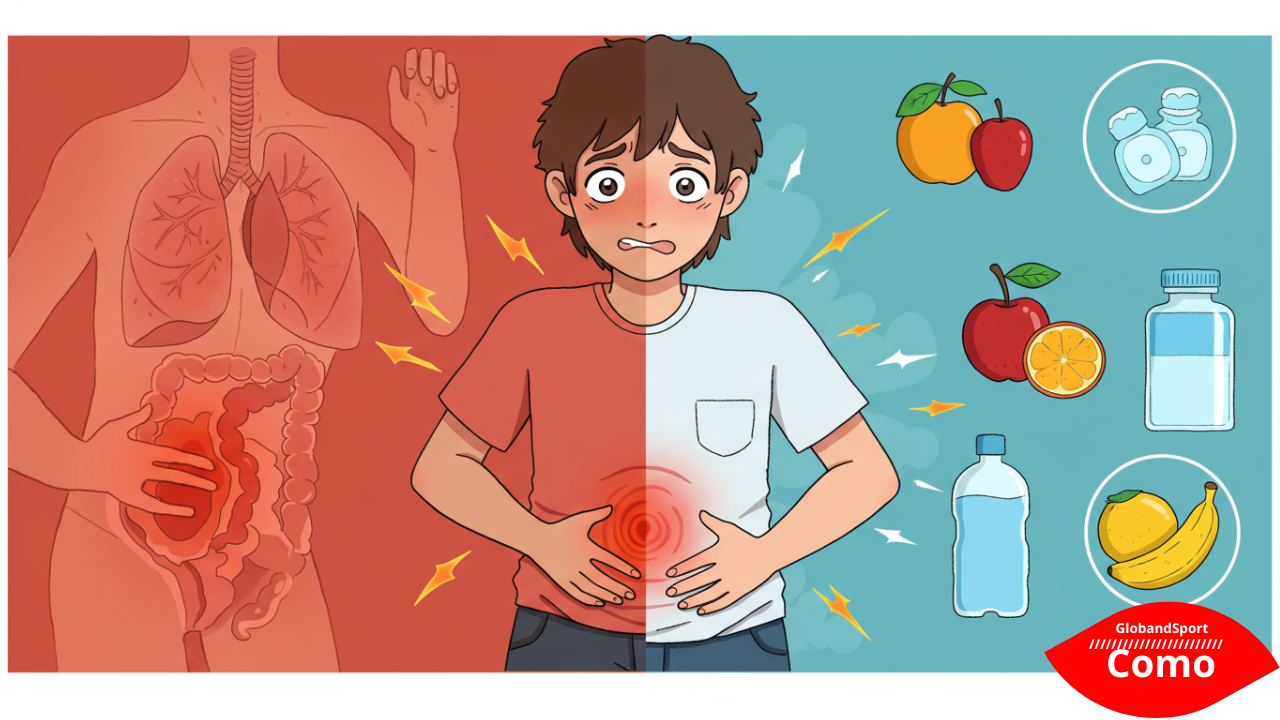What is appendicitis and why does it occur?
Appendicitis is inflammation of the appendix, a small finger-shaped organ located at the beginning of the large intestine. When it becomes blocked – usually by hardened stools, intestinal infections or excess mucus – it can become inflamed and lead to intense pain, fever and the need for surgery.
Although it’s not possible to prevent all cases, many experts believe that a healthy diet, good hydration and regular bowel function can go a long way towards prevention.
Main causes and risk factors for appendicitis
- Obstruction of the appendix by feces, mucus or foreign bodies
- Intestinal or respiratory infections
- Diet low in fiber and high in processed foods
- Genetic predisposition
- Frequent constipation
Keeping your gut healthy is one of the best ways to avoid this type of inflammation.

How to prevent appendicitis: habits that make a difference
Here are the main habits that help keep your appendix (and your entire intestine) healthy:
- Engage in physical activity
Regular exercise keeps the intestine active and improves digestive metabolism. - Eat more fiber every day
Fruits, vegetables, whole grains and legumes help with intestinal transit and prevent the accumulation of waste that can obstruct the appendix. - Drink plenty of water
Hydration is essential to keep stools soft and facilitate their elimination. - Avoid ultra-processed foods
They promote inflammation in the body, make digestion more difficult and can increase the risk of intestinal blockages.
Go to the toilet whenever you feel like it
Avoiding delayed bowel movements can reduce the chance of stool accumulating in the intestine.

Warning signs: when to see a doctor
Even with prevention, watch out for symptoms such as:
- Intense abdominal pain, especially on the lower right side
- Nausea or vomiting
- Fever
- Loss of appetite
These symptoms require immediate medical attention as they may indicate an appendicitis in progress.

Your gut thanks you!
Appendicitis can be a medical emergency, but you have the power to reduce the risk with simple and consistent habits. Eating well, staying hydrated and taking care of your intestines are small actions that bring big benefits.
Practical tip: start the day with a fiber-rich fruit and a large glass of water. Your body will thank you!
Share it with someone who needs to know! 🙌












